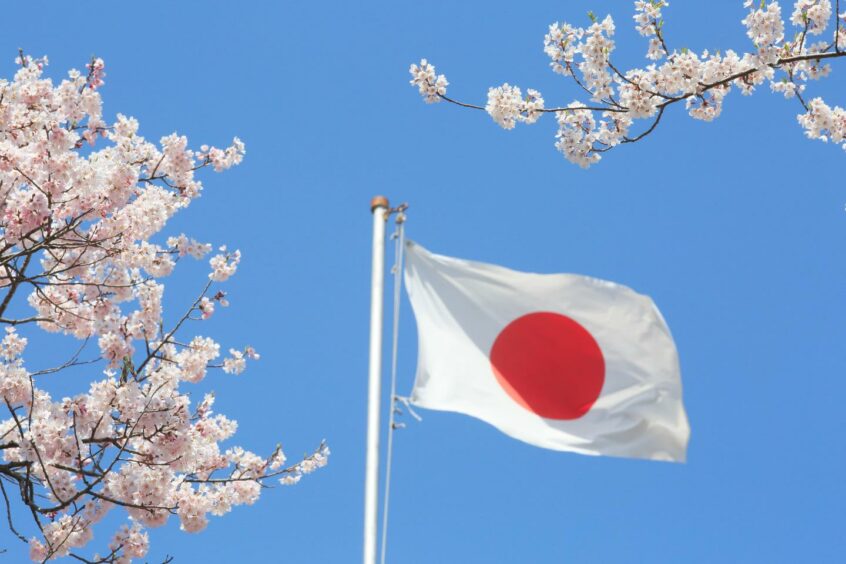
Shell said yesterday that it will exit all its oil and gas projects with Russia’s Gazprom in response to Russia’s invasion of Ukraine, including the Sakhalin-2 LNG export project, which is a crucial supplier to Japan. Significantly, Shell’s decision will now put pressure on Japanese partners, Mitsubishi, and Mitsui, to reconsider their involvement in the liquefied natural gas (LNG) project.
The Sakhalin-2 LNG complex is critical to Japan’s energy security and LNG is Japan’s biggest import from Russia.
Shell holds a 27.5% stake in Sakhalin-2 and Gazprom holds a 50% share. Japanese trading groups Mitsui and Mitsubishi have shares of 12.5% and 10%, respectively.
“Sakhalin-2 can produce about 10 million tons of LNG per year, equivalent to more than 10% of Japan’s annual imports. About half is supplied to eight Japanese gas and power companies through long-term contracts,” reported Nikkei Asia.
The export plant is near Japan, South Korea and China, the world’s largest LNG consumer. “LNG carriers can travel from Sakhalin to buyers in north-eastern Asia within days, while shipments can take more than two weeks to arrive from Qatar and more than three weeks from the US,” added the Nikkei.
Japan has joined the US and EU in blocking Russian banks from international financial networks, however it remains to be seen whether Japanese energy investors will follow Europe’s oil companies and pull the plug on Russian investments.